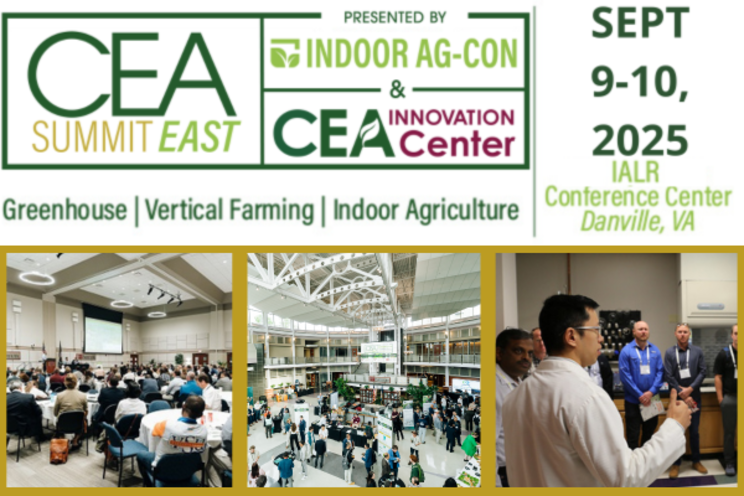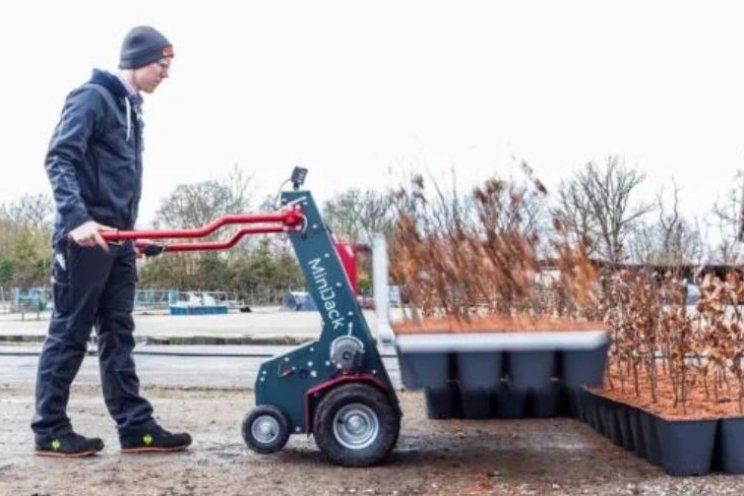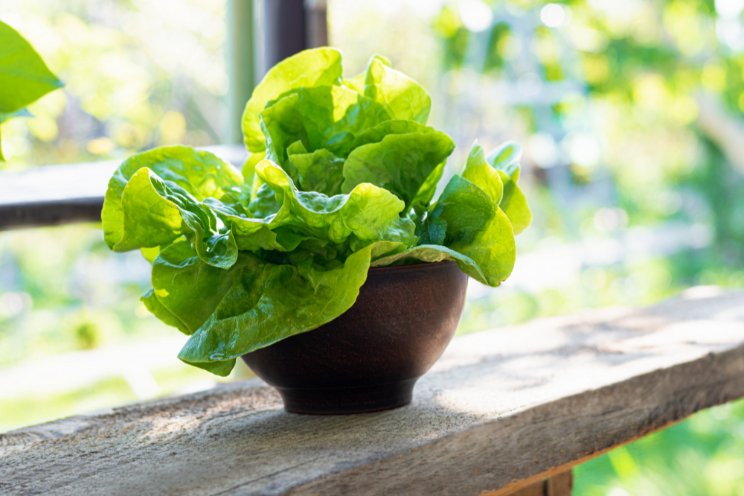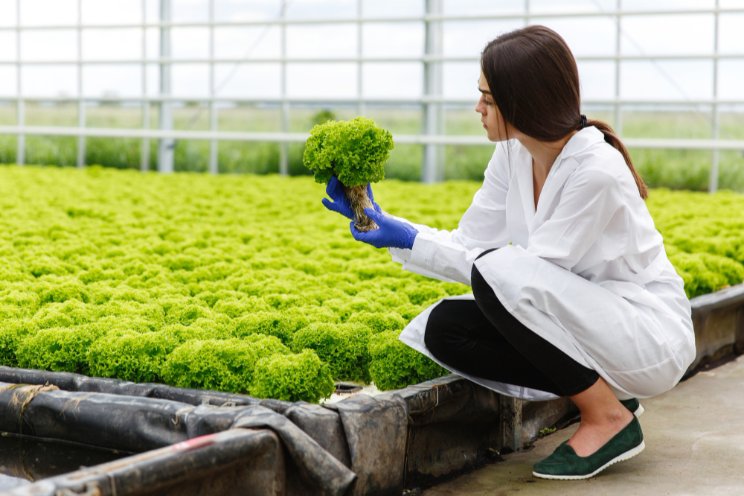How can smart technology benefit vertical farms?
Added on 20 June 2022

Below is an overview of how smart technology can benefit vertical farms:
Data - Data is king. A wealth of data can now be collected in high tech vertical farming, which takes the guesswork out of crop growth. Farmers can understand exactly what conditions create the best harvest. Sensors can monitor soil quality, air quality, light colour/intensity, crop progression, humidity and more. This data provides insight into not only crop growth but also energy efficiency and ROI.
Control - There is no point in collecting data if it can't be viewed and interacted with. Precise control is essential when operating a vertical farm. A user-friendly dashboard vertical farming system that presents the data and simplistic controls to adjust farm conditions - changing the temperature, irrigation, and lighting allow crops to flourish. Personalisation is also a key aspect as various crops will require different conditions.
Human control and intervention are necessary, but many elements can also be automated, e.g. greenhouse lighting systems can automatically replicate natural light patterns, following the day/night cycle, meaning it will run without constant control.
Costs - There are many costs involved in setting up and running vertical farms. Efforts are being made to reduce these costs so that crops can be sold to the end consumer for less. Hence data that highlights irregularities in crop growth, diseases or pests can save vast amounts of money and avoid unnecessary waste.
Photo created by vanitjan - www.freepik.com
Source: Agritech Tomorrow
More news















